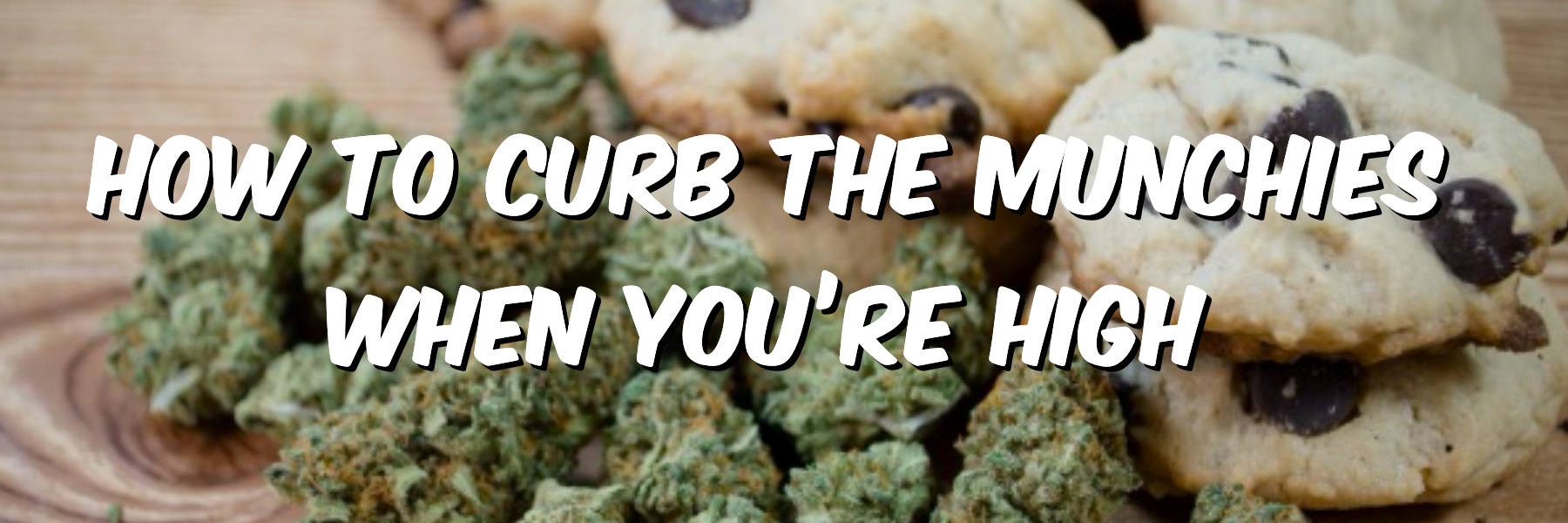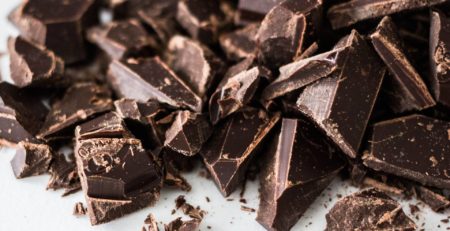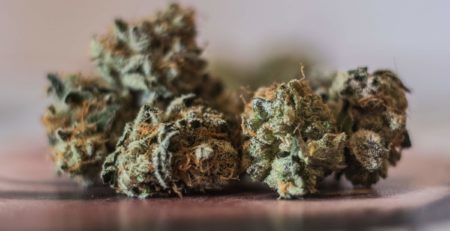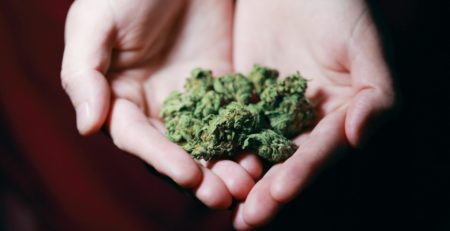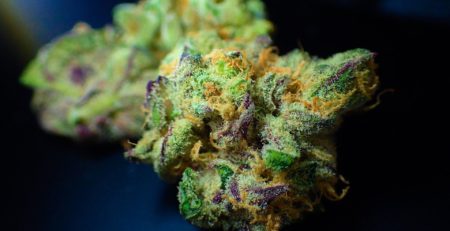How to Curb the Munchies When You’re High: Strategies for Mindful Consumption
The experience of the munchies when you’re high, a strong desire to eat when under the influence of cannabis, is familiar to many who indulge in recreational or medicinal marijuana use. While it can enhance the enjoyment of food for some, it can also lead to overeating and unhealthy snacking habits. Managing the munchies is an important aspect of responsible cannabis use, promoting mindfulness and moderation. In this article, we’ll explore effective strategies to curb the munchies when you’re high and maintain balance while enjoying it.
Understanding the munchies when you’re high:
The munchies, scientifically known as “cannabis-induced appetite stimulation,” occur due to the interaction between THC (tetrahydrocannabinol), the psychoactive compound in cannabis, and the brain’s endocannabinoid system. THC binds to receptors in the brain responsible for regulating appetite, leading to increased hunger and cravings, particularly for foods high in sugar, salt, and fat.
Strategies to combat the munchies when you’re high:
- Choose the Right Strain: Different cannabis strains produce varied effects, including appetite stimulation. Sativa strains are often associated with increased energy and reduced appetite, making them a preferable choice for those seeking to avoid the munchies. Alternatively, indica strains may intensify hunger. Experimenting with strains and their cannabinoid profiles can help individuals find options that minimize the urge to snack excessively.
- Mindful Consumption: Mindfulness techniques can be powerful tools for managing the munchies. Before using cannabis, take a moment to set intentions for your experience. Remind yourself of your wellness goals and intentions regarding food consumption. Mindful breathing exercises can also help center your focus and reduce impulsive eating behaviors.
- Pre-Plan Healthy Snacks: Stocking up on nutritious snacks before indulging in cannabis can prevent impulsive trips to the pantry for unhealthy treats. Opt for whole foods such as fruits, vegetables, nuts, and seeds that provide essential nutrients and fiber, promoting satiety. Pre-portioning snacks into serving sizes can also help prevent overeating.
- Stay Hydrated: Dehydration can sometimes masquerade as hunger. Keep a water bottle nearby and sip regularly to stay hydrated. Herbal teas or infused water can add flavor without extra calories. Drinking water can help curb the munchies and keep cravings in check.
- Distract Yourself: Engaging in activities that divert your attention away from food can help combat the munchies. Whether it’s going for a walk, practicing a hobby, or enjoying a creative outlet, finding ways to occupy your mind can reduce the intensity of cravings. Physical activity, in particular, releases endorphins that can elevate mood and diminish hunger.
- Chew Sugar-Free Gum: Chewing sugar-free gum can satisfy the oral fixation associated with the munchies without consuming excess calories. Opt for flavors that are refreshing and long-lasting to keep cravings at bay. Additionally, the act of chewing gum can help promote saliva production, which aids in digestion and oral health.
- Practice Delayed Gratification: When experiencing intense cravings, practice the art of delayed gratification. Instead of immediately satisfying your hunger, give yourself a designated waiting period, such as 10-15 minutes, before indulging in a snack. During this time, reassess your hunger cues and evaluate whether the desire to eat is driven by physiological hunger or psychological triggers.
- Cultivate Awareness: Developing a greater awareness of your body’s hunger signals and emotional cues can empower you to make mindful choices about food consumption. Pay attention to physical sensations of hunger and fullness, distinguishing between genuine hunger and cravings triggered by external stimuli. Emotional eating often stems from stress, boredom, or other underlying emotions, so finding alternative coping mechanisms such as meditation or journaling can be beneficial.
While the munchies are a common side effect of cannabis use, they can be managed through mindful consumption practices and healthy habits. By choosing the right strains, pre-planning nutritious snacks, staying hydrated, and practicing mindfulness, individuals can enjoy the benefits of cannabis while minimizing the urge to overeat. By incorporating these strategies into your cannabis routine, you can achieve a balanced and enjoyable high without succumbing to the munchies.
Click here to shop some edibles that will satiate your munchies AND get you high!
Click here for more tips on how to control the munchies when you’re high

